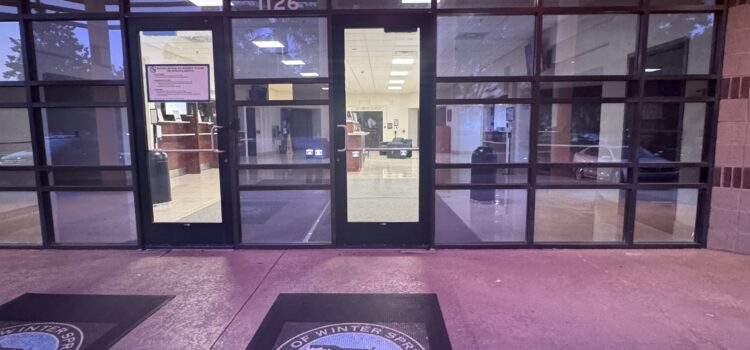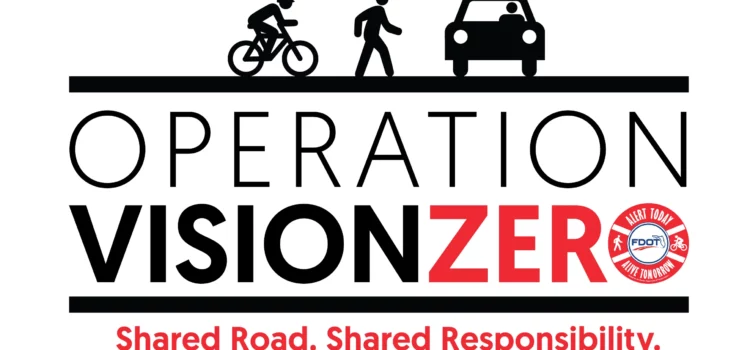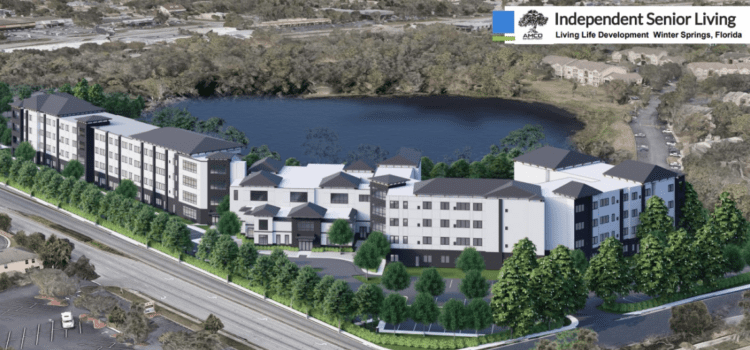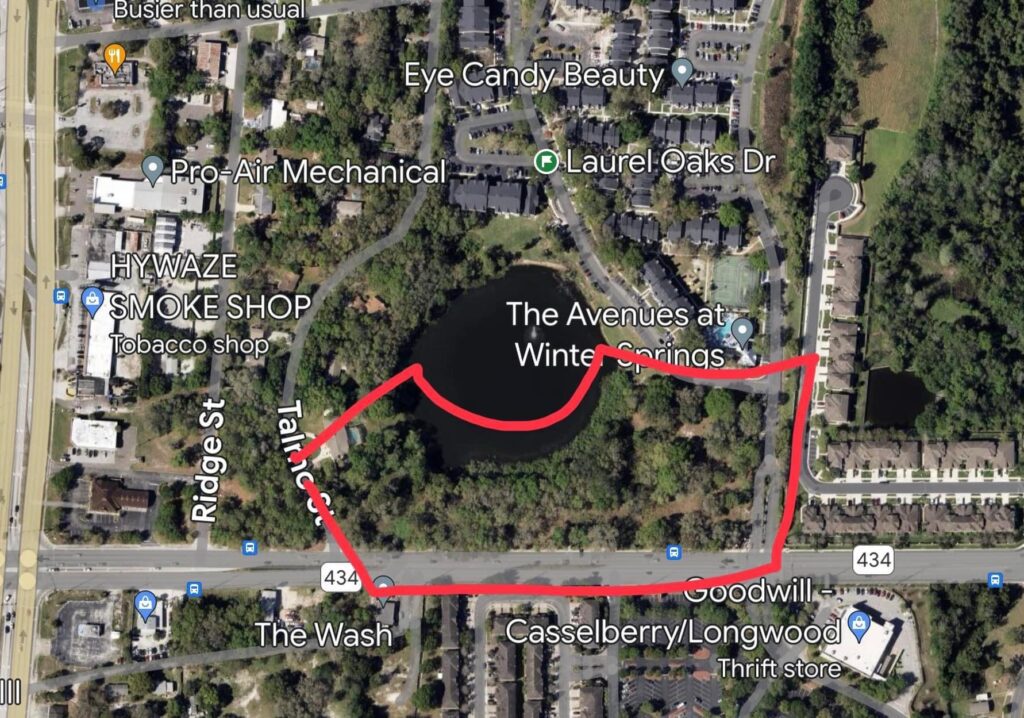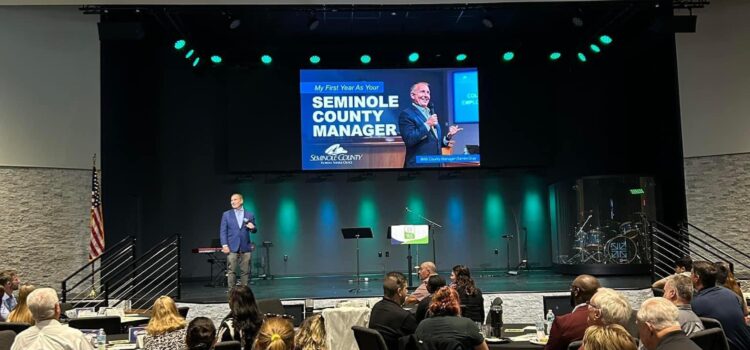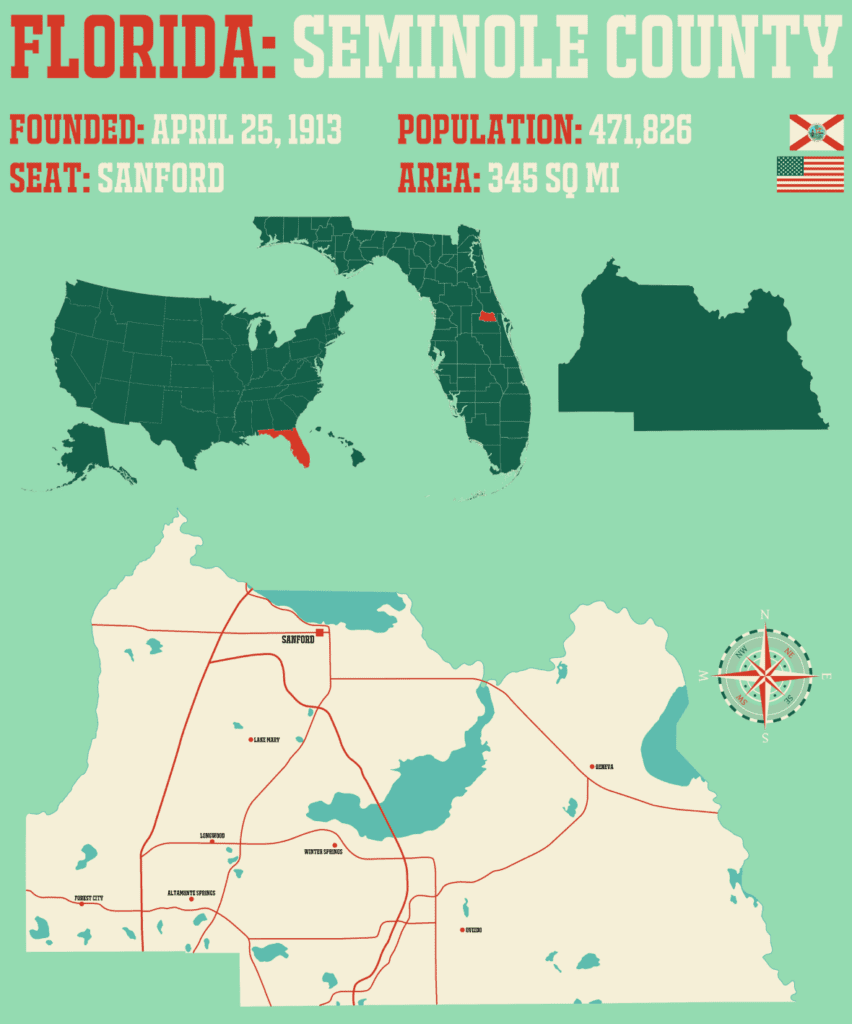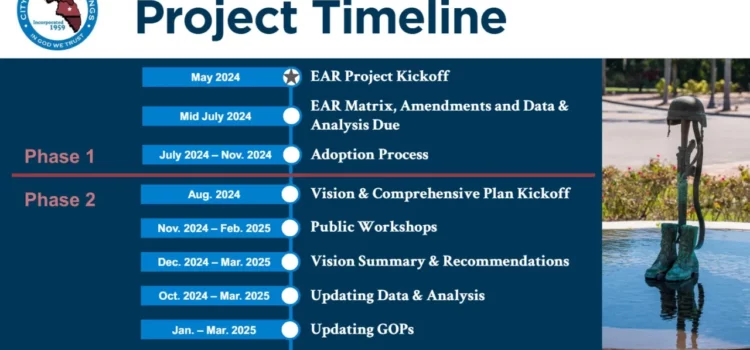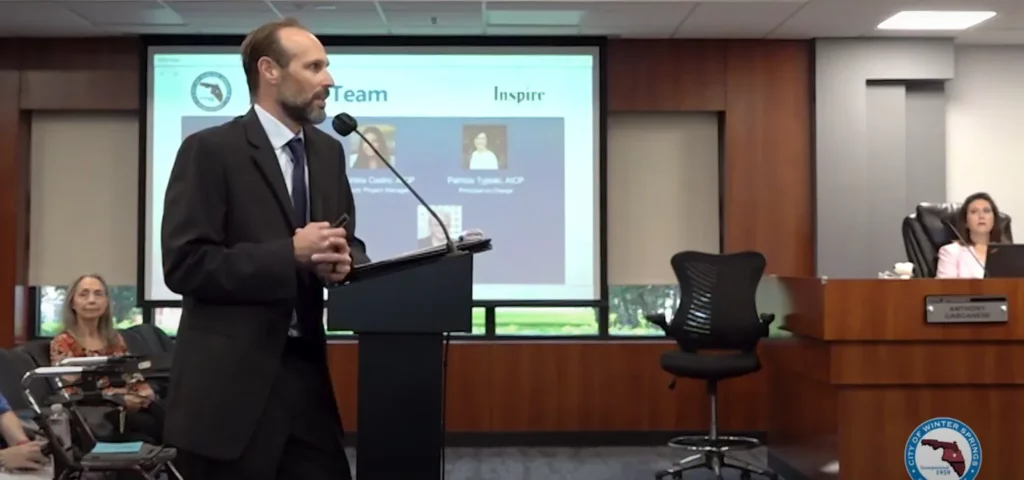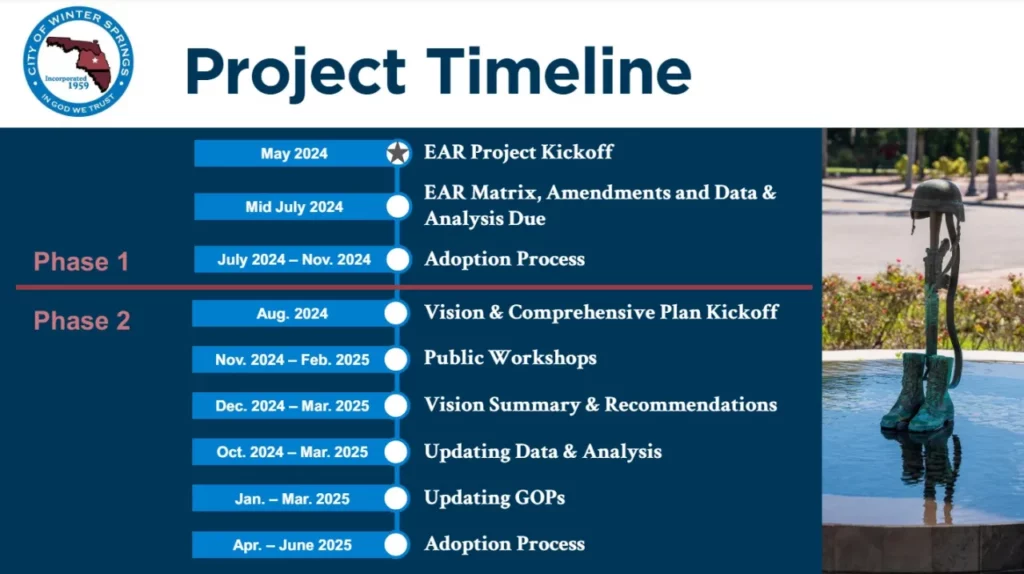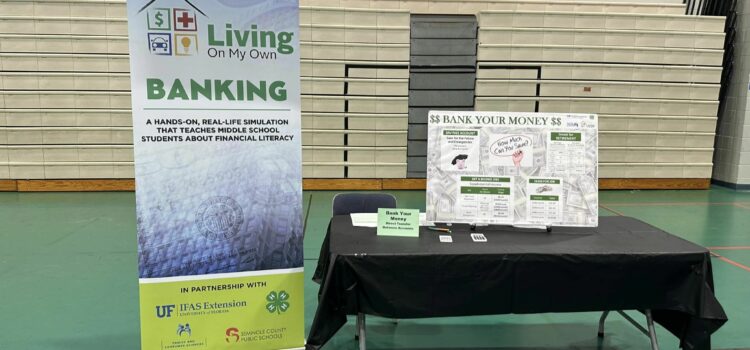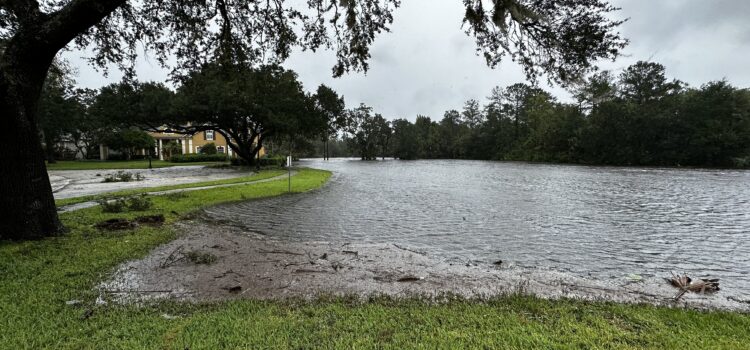In January 2024, the Winter Springs City Commission unanimously passed a resolution adopting a comprehensive Code of Conduct for city boards and committees. This policy was designed to promote ethical behavior, professionalism, and respect among all appointed officials, ensuring that they serve the community with dignity and integrity.
However, it has become increasingly clear that Ken Spalthoff, a member of the Winter Springs Planning and Zoning Board, has failed to uphold these standards.
Ken Spalthoff signed this Code of Conduct, agreeing to demonstrate civility, respect, and courtesy towards everyone he interacts with in his official capacity. He pledged to refrain from intimidation, ridicule, and unprofessional behavior. Yet, his actions since January tell a very different story.
Spalthoff’s ongoing campaign of harassment against Commissioner Victoria Bruce is a blatant violation of the principles outlined in the Code of Conduct. Despite the dismissal of his baseless ethics complaint against her, he has continued to spread misinformation and engage in defamatory attacks. His behavior not only undermines the integrity of our city’s leadership but also violates the agreement he made with the residents of Winter Springs when he signed the Code of Conduct.
Item #4 of the Code explicitly states that members will “demonstrate dignity, civility, respect, and courtesy” and “refrain from intimidation and ridicule.” Item #5 further requires that any disagreements or criticisms be framed in a professional and dignified manner. Spalthoff’s actions have repeatedly flouted these guidelines, showing a clear disregard for the ethical standards he pledged to uphold.
Winter Springs deserves better. We need leaders who prioritize the well-being of the community and adhere to the ethical standards that have been established to guide their behavior. Spalthoff’s conduct has made it clear that he is not fit to continue serving on the Planning and Zoning Board.
It is time for the community to take a stand. We must hold our leaders accountable and demand that those who fail to meet their obligations be removed from their positions. By voting to remove Ken Spalthoff from the Planning and Zoning Board, we can send a strong message that Winter Springs will not tolerate unethical behavior from its leaders.
Let’s ensure that our city is led by individuals who respect the values of integrity, professionalism, and respect. It’s time to act.
For more information on how you can get involved in holding our leaders accountable, visit the official Winter Springs City Website.
